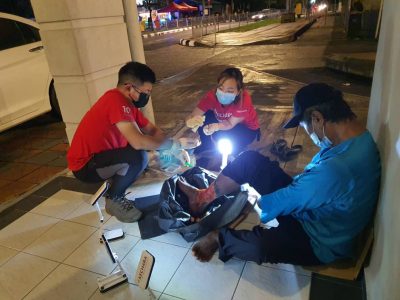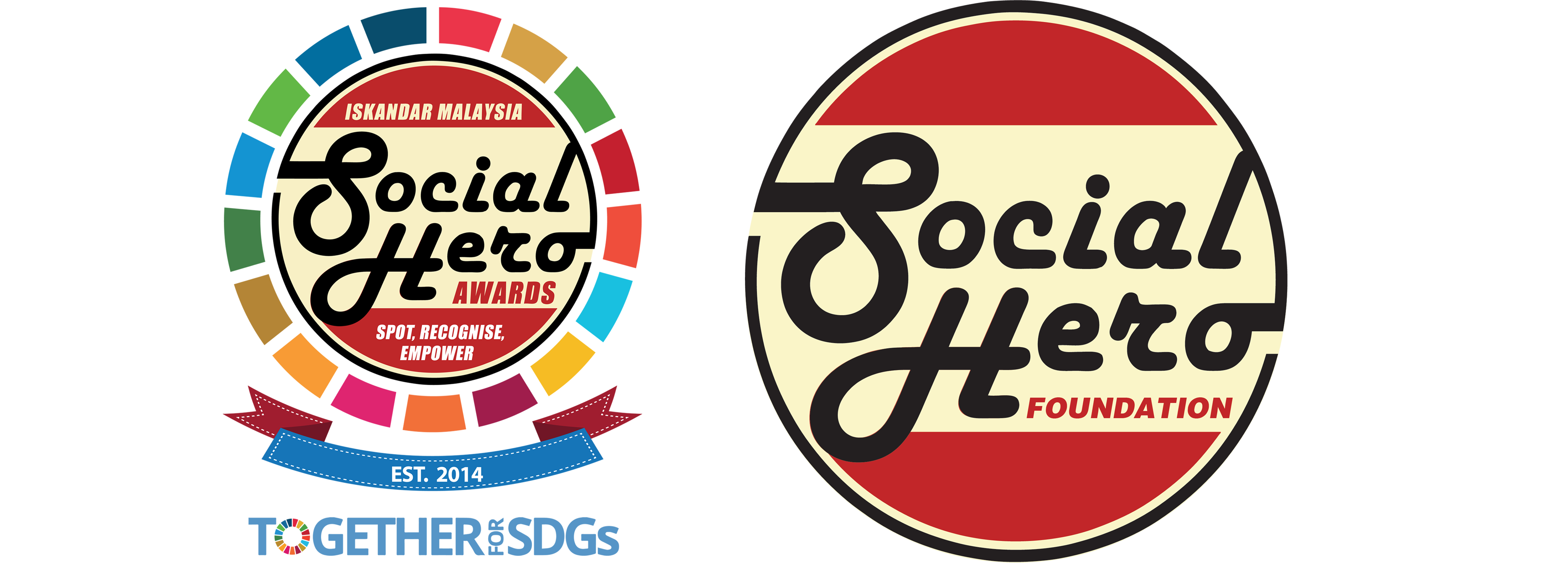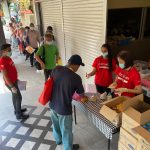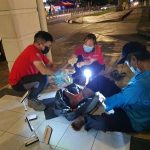
The word Kechara means “do good” in the Tibetan language and the Kechara Soup Kitchen follows this principle to help eradicate poverty through food and meaningful bonds. Kechara is a nationwide charity organisation with many wings founded by a Taiwan-born, American-raised monk Tsen Rinpoche who left his home to find meaning in life.
Kechara Soup Kitchen has been actively feeding homeless people in Johor Bahru since 2011. Twice a week, on Wednesday and Saturday from 9.30 PM to 11.30 PM at the CIQ KTM Loading Bay at Jalan Tun Razak, food is served and doctor’s consultations, haircuts, and other services are also available for the homeless. For documentation and data purposes, all recipients are required to be registered and will be given a card as proof of validation. Those without the card can read out their identification number to be matched in Kechara’s system or apply to register for one.
According to their records, there are about 8000 homeless people in Malaysia, with about 1000 of that number in Johor. Of that number, 95% are males and 60% are above the age of 45. The racial demographic is reflective of the Malaysian population. JB’s homelessness, however, is made of younger people as JB is the transit town where one tries to secure a job in Singapore, many of which hail from East Malaysia. Usually, those who end up on the streets have problems with competency and other underlying issues such as discipline.
“Homelessness is the tip of the iceberg,” said Justin Cheah, Operations Director of Kechara Soup Kitchen. It usually stems from having low or no education which could translate to having lower skill sets to perform a job well and earn a higher pay to meet needs. Education also plays a part in family planning – it is unlikely that an informed couple would want more mouths to feed. Kechara’s goal is to step in to curb the number of homeless people; providing a foodbank service to reduce their financial burdens in the meantime. They hope that underprivileged families use the money they would have spent on food to support their children in their education instead.
Every day, volunteers collect food surplus from stores such as Tesco and AEON. The food will then be distributed at a void deck where registered families meet and collect their ration according to the family’s assigned weight values. The volunteers rotate to different locations daily.
“Poverty is not only about education or hunger. It’s the values taught within families too,” Justin added, sharing that families with poor communication have a higher risk of homelessness. Having no ties with a family make a child search for attention elsewhere. If exposed to bad company, a child might be influenced to go astray, which may end up leading to homelessness in the future.
Kechara Soup Kitchen uses the opportunities they have to reach out and form a bond with the underprivileged to guide them towards a better life.



